One of the great myths of the Marvel Cinematic Universe (MCU) is that it is all carefully planned years in advance. This myth is perpetuated by reports of President Kevin Feige laying out schedules for the upcoming “Phases” and screenshots of a release timeline that stretches years into the future.
However, the reality has always been that the MCU has been a lot more improvisational than its reputation would suggest. If rumors are to be believed, decisions are frequently made on the fly, with key beats radically reimagined in the edit or through reshoots. In some cases, projects are tweaked even after release. This is one reason why these projects cost so much. They often exist in multiple forms, not hammered into their final shape until the last possible minute.
However, in the aftermath of Avengers: Endgame, that myth of the well-oiled machine with decade-long plans has been sorely tested. Part of it is down to logistical challenges like the pandemic, shifting around release schedules. Some of it is down to creative tensions, with projects like Blade proving difficult for Marvel Studios to realize. However, a large part of it is down to the fact that so much of its content seems to set up sequel hooks and narrative threads that appear increasingly unlikely to pay off.
To be fair, there are teases that point to particular projects. Appearances from Valentina Allegra de Fontaine (Julia Louis-Dreyfus) in The Falcon and the Winter Soldier, Black Widow, and Black Panther: Wakanda Forever are obviously setting up Thunderbolts. Monica Rambeau (Teyonah Parris) from WandaVision and Kamala Khan (Iman Vellani) from Ms. Marvel are obviously feeding into The Marvels. However, these obvious connections are the exception rather than the rule.
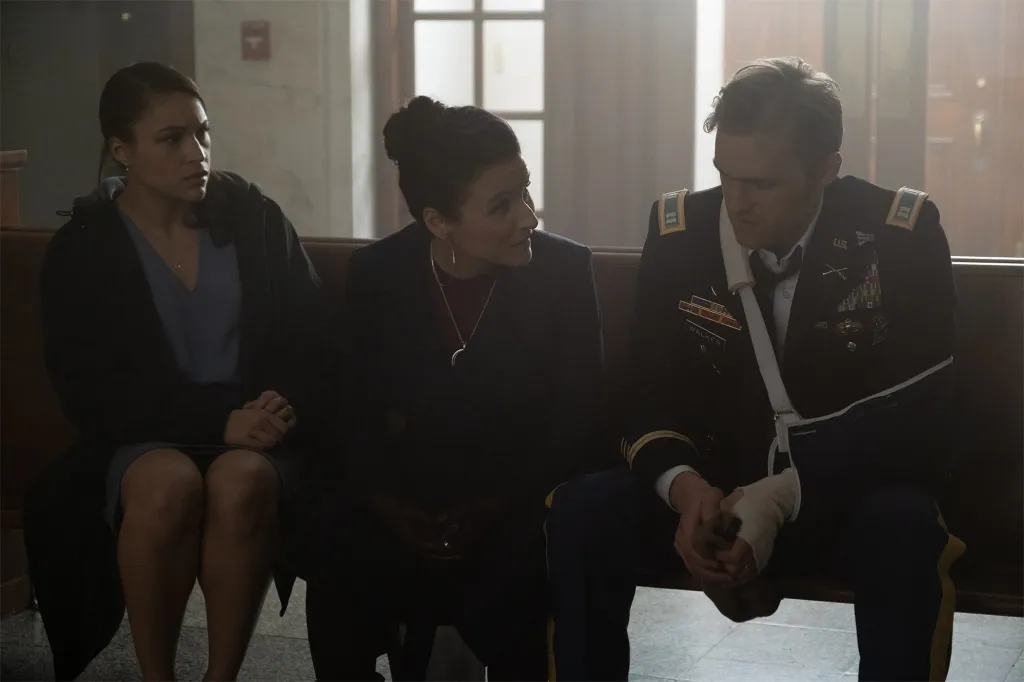
Many of these dangling threads are open-ended revelations of new characters in post-credit scenes, with little sense of where they might fit in the larger scheme of the shared universe. Eternals features the introduction of Starfox (Harry Styles). Thor: Love and Thunder reveals Hercules (Brett Goldstein). Moon Knight ended with the introduction of a third personality belonging to the title character (Oscar Isaac), Jake Lockley. These characters just show up without any sense of larger purpose.
Other dangling threads revolve around the survival of characters who appeared to have died earlier in the narrative. WandaVision ended with a reborn version of Vision (Paul Bettany) who was never mentioned when Wanda’s (Elizabeth Olsen) arc continued into Doctor Strange in the Multiverse of Madness. Love and Thunder teased that Jane Foster (Natalie Portman) lives on in Valhalla. It often seems like the franchise is keeping its toys on the table for the sake of keeping them on the table.
There are other dangling threads that seem unlikely to properly pay off. Eternals ends with Arishem (David Kaye) returning to Earth, seemingly in response to the stillborn Celestial in the middle of the Indian Ocean, but nothing since has even alluded to the presence of either entity. Secret Invasion recently ended with President Ritson (Dermot Mulroney) ordering the mass extermination of all Skrulls on Earth, while G’iah (Emilia Clarke) got the power of every superhero ever.
Of course, some of these plot threads will inevitably be resolved, perhaps in interesting and unexpected ways. However, there are just so many dangling threads that this issue has built to critical mass. The problem is compounded by the fact that, in many cases, there is no obvious place for resolution. Marvel has yet to confirm a second season of Moon Knight, a sequel to Eternals, or even a fifth Thor film, which are the places where many of those threads would likely fit.
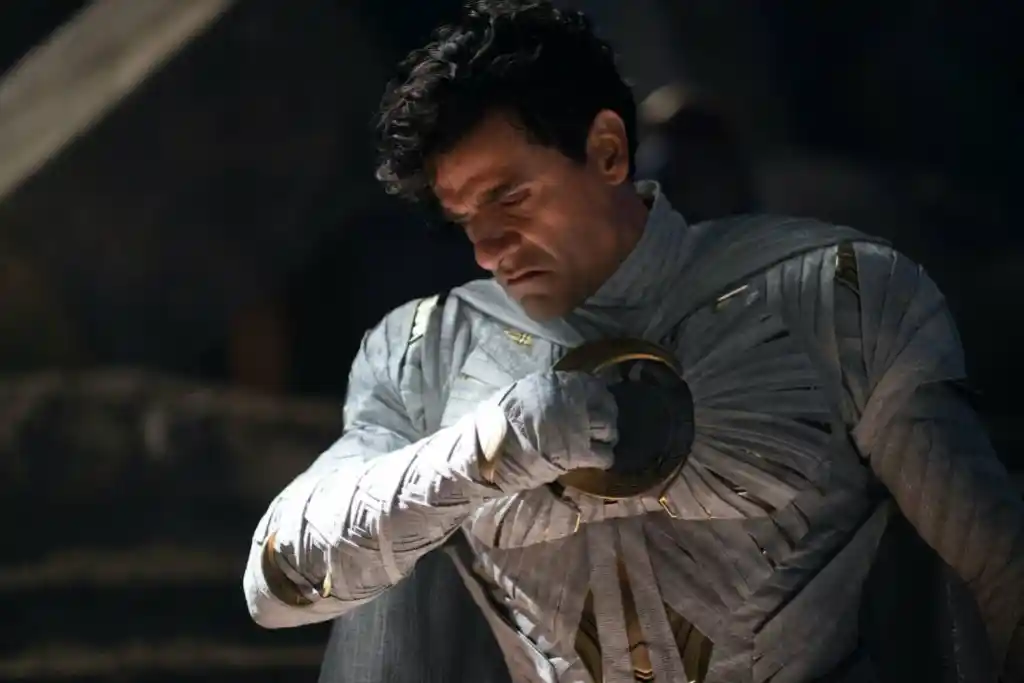
There are some indications that audiences should hold their breath waiting for resolution. Oscar Isaac only signed a one-season contract for Moon Knight. Eternals producer Nate Moore stated that a sequel to that film is “not something that is a must-have.” Chris Hemsworth has suggested that a fifth Thor film is not a done deal. Indeed, given the challenges facing the Blade movie, Mahershala Ali’s vocal cameo at the end of Eternals may be yet another example of an unresolved thread.
These are not the first examples of the MCU potentially dropping a narrative ball. During the “Infinity Saga,” the run of movies that spans from Iron Man through to Spider-Man: Far From Home, there are points where the studio sets up potential sequel hooks only to branch off in a different direction. The most egregious example might be the way that Doctor Strange sets up a villain origin for Baron Mordo (Chiwetel Ejiofor), only for Doctor Strange in the Multiverse of Madness to largely sideline him by featuring a multiversal doppelgänger in its second act.
However, there are plenty of smaller examples. The Avengers ends with the eponymous team largely broken up and scattered, while its sequel, The Avengers: Age of Ultron, opens with the implication that the group has become an ongoing concern fighting a forever war. Iron Man 3 ends with Tony Stark (Robert Downey Jr.) destroying all of his suits of armor and realizing that he is Iron Man, only for his next appearance in Age of Ultron to open with him back in a suit of armor.
Thor features the Infinity Gauntlet as part of Odin’s (Anthony Hopkins) collection in the armories of Asgard, creating a continuity issue when Thanos (Josh Brolin) grabbed his own in the post-credits scene of Age of Ultron. The Incredible Hulk sets up Samuel Sterns’ (Tim Blake Nelson) transformation into the mutated Leader for a potential sequel that never materialized. The company was fond of throwing balls in the air and catching what it wanted.
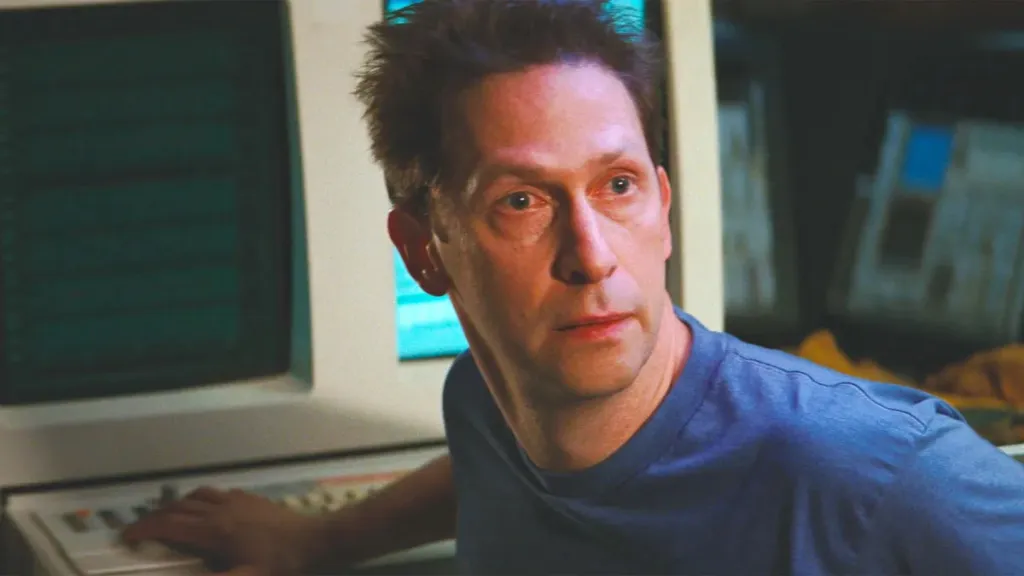
To be fair, the shared universe would often circle back around to these ideas, even in a throwaway fashion. In Thor: Ragnarok, Hela (Cate Blanchett) casually reveals that the Infinity Gauntlet in Asgard is “fake.” Tim Blake Nelson will be reprising his role as the Leader in Captain America: Brave New World, more than a decade and a half after he was first teased. These retroactive attempts to tie off loose ends weren’t especially convincing, but they worked in a fix.
More broadly, nobody actually cared that much about the improvisational nature of the shared universe. There were two main reasons for that. The most obvious was that no studio had ever attempted a blockbuster franchise this vast and interconnected, and so the novelty excused some of the rougher edges in the execution. The second reason was that this project was relatively streamlined, a manageable amount of films propelled by a clear overarching narrative.
If the MCU was really “the world’s most expensive TV show,” it had a reasonably compact core cast and fairly straightforward mythology. The Infinity Stones were the MacGuffin that Thanos was trying to collect, and the superheroes were trying to figure out how to band together to best protect the planet. Everything flowed organically around those two central ideas, and any internal contradictions were often just minor bumps on the road to a clearly defined destination.
The so-called “Multiverse Saga” running through Phases 4, 5, and 6 of the MCU lacks that clarity or focus. Indeed, it’s hard to identify a set of central protagonists for this new epic. There are no central anchors comparable to Tony Stark, Steve Rogers (Chris Evans), or Thor (Chris Hemsworth) during the Infinity Saga. It is a problem compounded by the sheer volume of material, with Phase 4 being longer than the entire Infinity Saga combined, but lacking a similar sense of resolution. It is all setup.
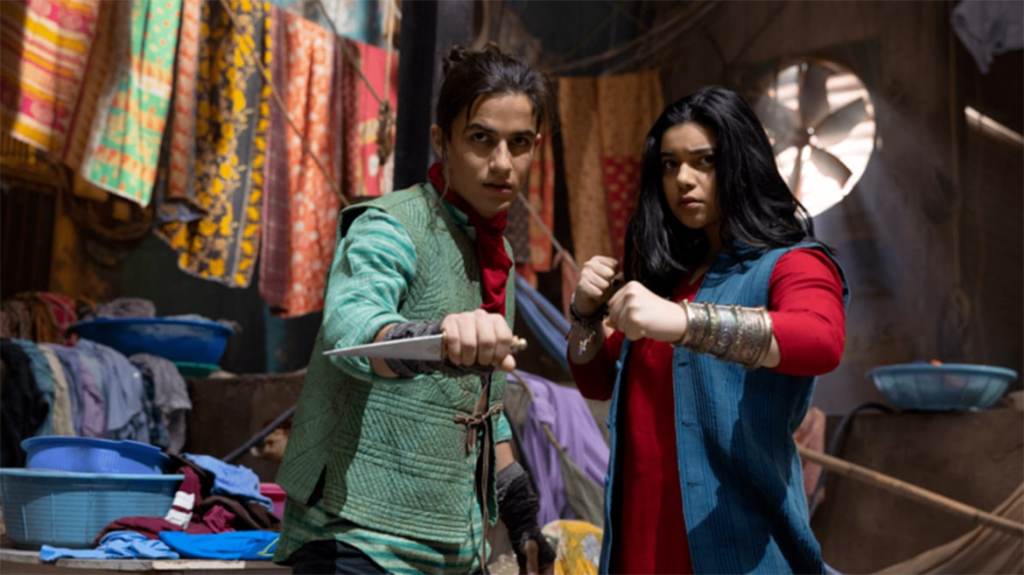
It doesn’t help that Disney is reportedly throttling its MCU content. Bob Iger has signaled the company will dramatically scale down production, having “diluted” the market with shows and films. There’s also the ongoing uncertainty around casting of performers like Tom Holland. While both Kevin Feige and Amy Pascal insist that Holland is still tied to the franchise, Holland’s interviews are decidedly more ambiguous, with the actor stating he’d be happy to “swing off into the sunset” if the company can’t surpass Spider-Man: No Way Home.
There is also the lingering uncertainty around Jonathan Majors’ continued involvement with the franchise. The company cast the promising young actor as the villainous Kang the Conqueror, who was clearly meant to be the common thread building to the gigantic Avengers: The Kang Dynasty, but he has recently been beset by allegations of domestic abuse. Although Majors will reprise the role in the second season of Loki, there is no confirmation about the studio’s long-term plans.
The Infinity Saga was always pulling in one clearly defined direction, towards a loose adaptation of Jim Starlin, George Pérez, and Ron Lim’s The Infinity Gauntlet. As such, loose ends were easier to excuse by virtue of that momentum. In contrast, the Multiverse Saga moves in fits and starts in competing directions without any larger sense of purpose. It’s all building to Avengers: Secret Wars, but how do – for example – Eternals or Shang-Chi and the Legend of the Ten Rings fit into that?
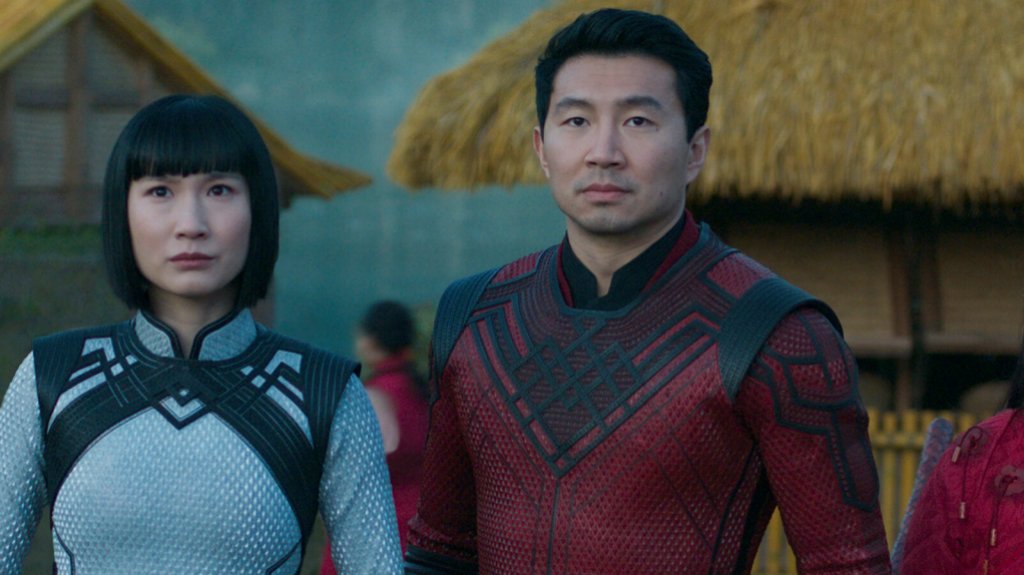
To be clear, the issue isn’t a lack of clarity on specifics. Rather, it’s the creeping sense that the company has set all of these plates spinning without even the faintest idea of what to do with them. Marvel Studios spent a decade between Iron Man and Endgame building up audience goodwill and buy-in, trust that it could pull off a mostly satisfying long-form arc through blockbuster movies. However, that faith has been gradually eroded.
At a point where it makes sense for the studio to scale back, it continues to push outwards. It is adding whole new swathes of continuity with upcoming Fantastic Four and X-Men projects, which will just increase the number of dangling threads and loose ends instead of trimming and tidying them. The MCU already feels unwieldy and unbalanced; expanding outwards seems likely to just further exacerbate the problem. Expansion is not sustainable.
For the first decade of the MCU, Marvel’s ability to improvise and adapt was a major part of the company’s success. However, as the company presses into its second decade, it seems that approach doesn’t scale. The MCU has grown too large, too sprawling, and too chaotic to sustain itself in that fashion. The company can no longer survive by improvising; it needs to improve.

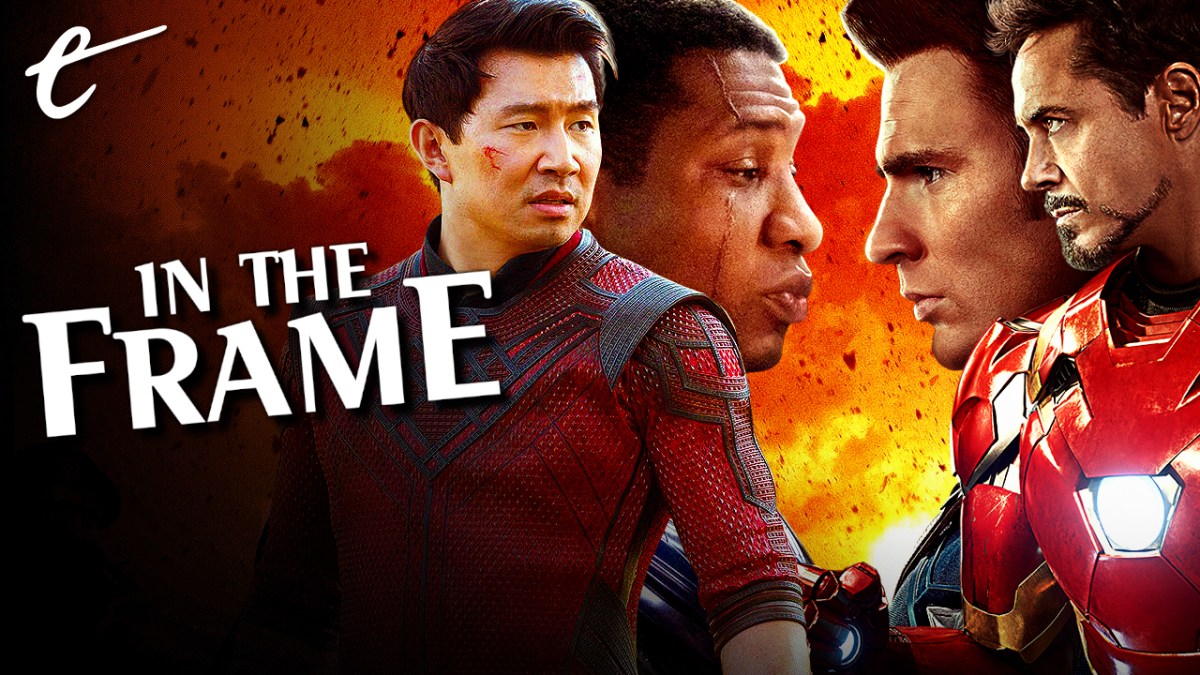




Published: Jul 31, 2023 11:00 am